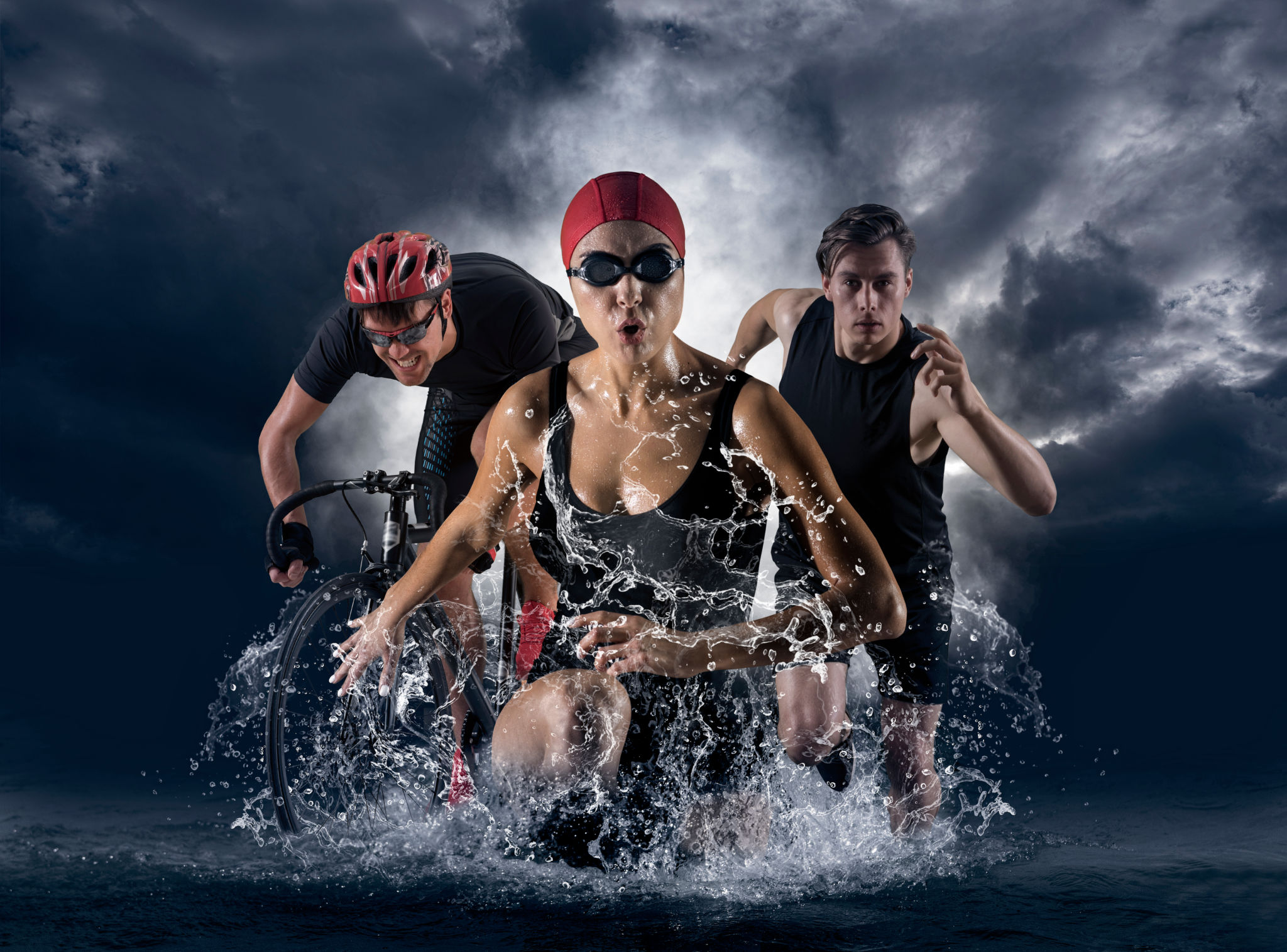Preparing for a Long Distance Triathlon: A Guide for Berlin Athletes
Understanding the Challenge
Participating in a long-distance triathlon is an incredible feat that requires dedication, stamina, and a well-structured training plan. For athletes in Berlin, prepping for such an event means not only understanding the physical demands but also mastering the logistics of training in a bustling city.
The journey to the finish line begins with a clear understanding of the distances involved. A long-distance triathlon typically consists of a 3.8 km swim, a 180 km bike ride, and a 42.2 km run. Each segment challenges different aspects of your fitness, requiring a diverse and balanced training regimen.

Designing Your Training Plan
Creating an effective training plan is crucial for success. Start by assessing your current fitness level to identify strengths and areas for improvement. It's essential to gradually increase your training intensity and duration to prevent injury and burnout.
A typical training week might include:
- Swimming: 2-3 sessions focusing on technique and endurance.
- Cycling: 3-4 rides that include both long endurance sessions and shorter, high-intensity workouts.
- Running: 3 runs per week, mixing long runs with speed work and recovery runs.

Navigating Berlin's Training Environment
Berlin offers a unique environment for triathlon training, with its combination of urban settings and scenic parks. For swimming, consider using facilities such as the Stadtbad Neukölln or the Olympiastadion pool. These locations provide ample space for swim drills and endurance work.
Cyclists can take advantage of Berlin’s extensive network of bike lanes and paths. The Grunewald forest area offers a beautiful and challenging terrain for long rides. Additionally, consider joining a local cycling group to benefit from shared knowledge and motivation.

Fueling Your Body
Nutrition plays a vital role in your training and performance. Focus on a balanced diet rich in carbohydrates, proteins, and healthy fats to support your energy needs. Hydration is equally important, so ensure you are drinking enough water throughout the day, especially during and after workouts.
Experiment with different energy gels, bars, and drinks during your training sessions to find what works best for you. This practice will help you avoid gastrointestinal issues on race day.
Mental Preparation and Recovery
The mental aspect of triathlon training is as crucial as the physical. Techniques such as visualization and mindfulness can enhance focus and reduce anxiety. Consider integrating yoga or meditation into your routine as a form of active recovery.
Recovery is an essential component of any training plan. Ensure you are getting enough sleep and incorporate rest days to allow your body to repair and strengthen. Regular massages or foam rolling can also aid in muscle recovery.

Race Day Strategy
Developing a race day strategy will help you manage the event's many challenges. Consider factors such as pacing, nutrition timing, and transition efficiency. Practicing these elements in advance can make the difference between a successful race and one filled with unexpected hurdles.
Finally, remember to enjoy the process and the race itself. Completing a long-distance triathlon is an incredible achievement that reflects months of hard work and dedication.
